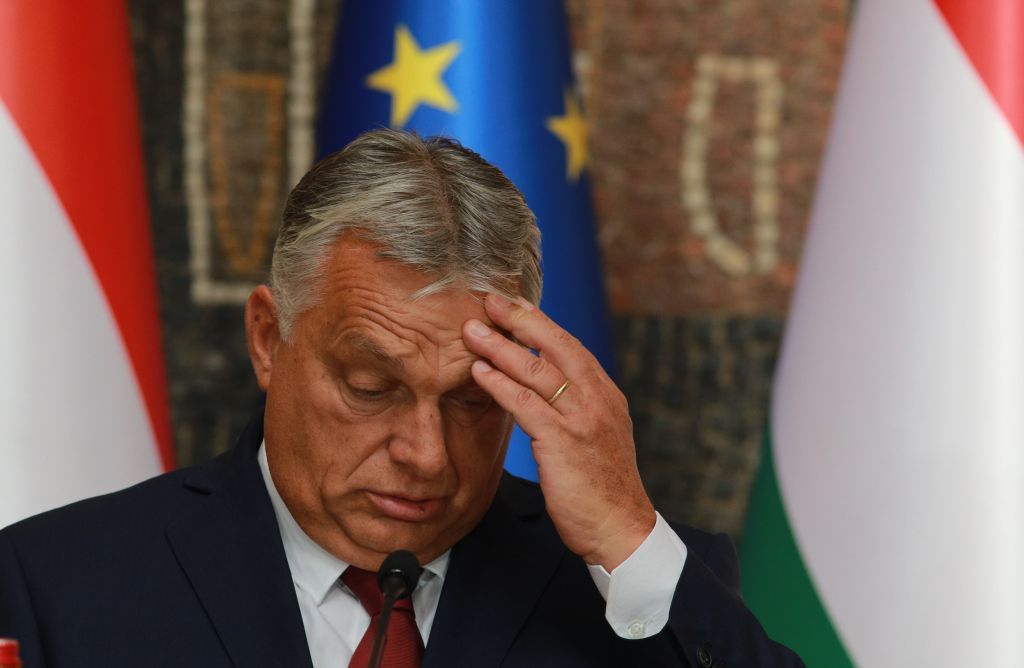Ukraine open to consultations with EU on Russian oil transit, Foreign Ministry says.
Support independent journalism in Ukraine. Join us in this fight.
Become a member Support us just onceKyiv is open to participating in consultations with the European Union on the transit of Russian Lukoil's oil if Brussels decides to use "an appropriate mechanism," Heorhii Tykhyi, Foreign Ministry's spokesman, said on July 30. "We reaffirm our willingness to join consultations within the framework of the early warning mechanism under the EU-Ukraine Association Agreement if the European Commission makes such a decision to apply this annex," Tykhyi said during a press briefing. In June, Kyiv imposed sanctions blocking the transit of pipeline oil from Lukoil to Central Europe to cut off the Kremlin's source of income used to support its military.
Kyiv's ban does not apply to other Russian oil exporters who still use the pipeline. Hungary and Slovakia turned to the EU in July as Ukrainian sanctions effectively halted the supplies from the Russian Lukoil company to the two countries via the Druzhba pipeline. Hungarian and Slovak officials complained that Kyiv was violating its association agreement with the EU and asked the European Commission to intervene.
Yet, EU ambassadors are not sympathetic to Budapest's and Bratislava's complaints, Politico reported on July 29, citing behind-the-scene talks among European diplomats. Commenting on Hungary's and Slovakia's reaction to the ban on Lukoil's oil transit through Ukraine, Tykhyi said Ukraine values cooperation with all its European neighbors, and it is grateful for their contribution to "sanctions pressure on Russia and maintaining regional stability, as well as efforts to diversify its supplies." The Slovak leadership earlier threatened unspecified repercussions against Ukraine, reminding Slovakia's key role as an electricity supplier amid Ukraine's energy deficit caused by Russian strikes.
Budapest, in turn, said it will continue blocking the disbursement of 6.5 billion euros (£7 billion) from the European Peace Facility (EPF) for Ukraine military aid until Kyiv allows the transit of Russia's Lukoil oil.
Ukraine's sanctions on Russia's Lukoil may result in fuel crisis in Hungary
The restrictions have created supply shortages in Budapest, which depends on Russia for 70% of its oil supply, with Lukoil providing half of that volume, according to Politico.
